Become a Volunteer Angler Education Instructor
Wednesday, May 4th, 2016This is Passport to Texas
You don’t have to be a pro to teach angling to others.
I used to be a school teacher, and you just need to know a little bit more than the person you’re instructing. We have people come that have no background knowledge whatsoever in fishing. Picture a scout troop in which none of the leadership has a background in fishing, and yet they want to extend that to their scout troops.
A dedicated volunteer base allows Texas Parks and Wildlife aquatic education training specialist Caleb Harris and his crew to reach a larger audience than they otherwise would.
That’s exactly why we need them. They extend our outreach efforts to hundreds of places a weekend. We’re a staff of four in our outreach office, and so they really multiply our efforts as a department to get the word out.
Harris says becoming a volunteer angler education instructor begins with a weekend workshop.
Our instructor workshops are normally on Saturdays, and they’re held all over the state. They’re listed on our Texas Parks and Wildlife calendar of events, and they’re free for anyone that wants to attend them. And they normally last about six hours, five hours. They’re, I’d say, about half classroom time and half playing the type of games and learning the type of fishing skills that we’d like our instructors to pass on. So, they’re pretty active workshops.
Find an angler instructor workshop near you in the calendar section of the Texas Parks and Wildlife website…and get ready to get hooked.
The Sport Fish Restoration program supports our series.
For Texas Parks and Wildlife, I’m Cecilia Nasti.
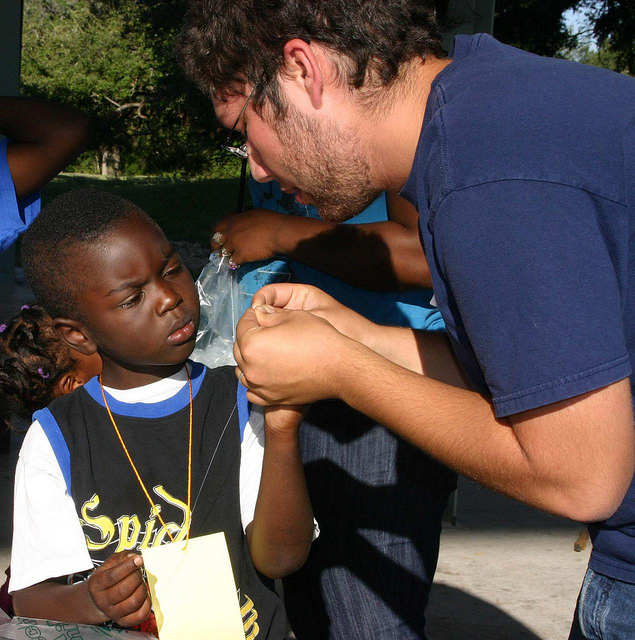

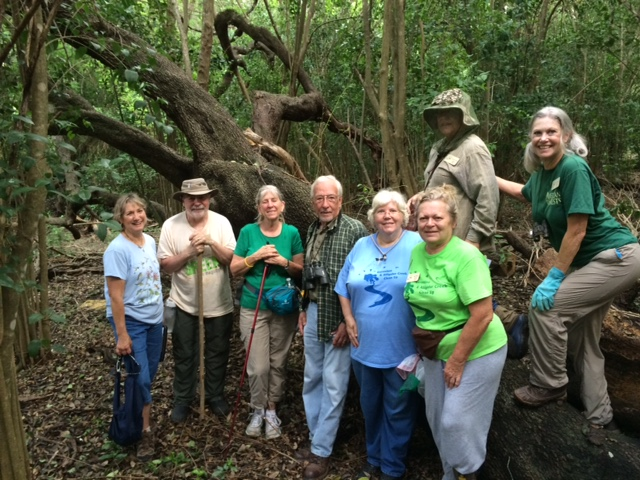
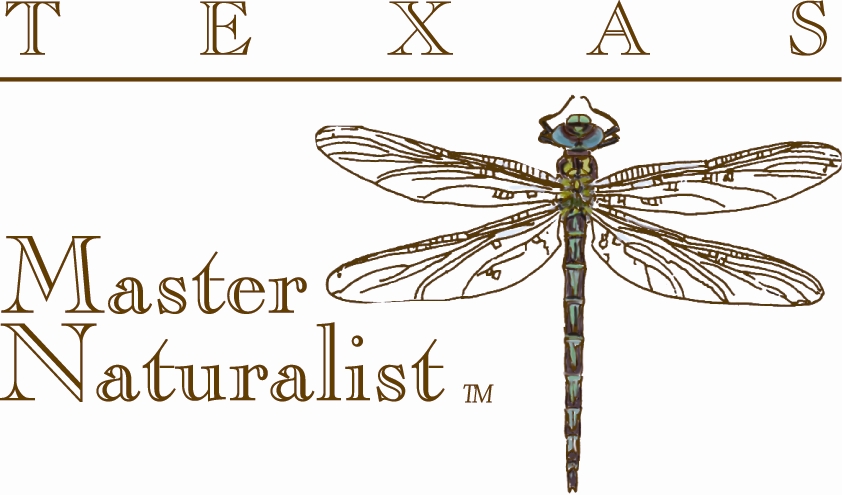
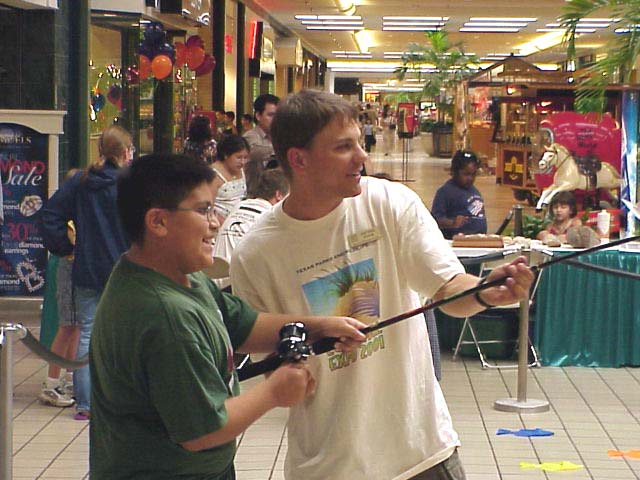
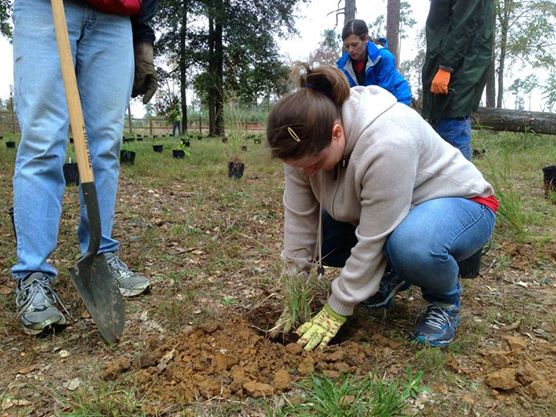

 Passport to Texas is a
Passport to Texas is a  Passport to Texas is made available by:
Passport to Texas is made available by: